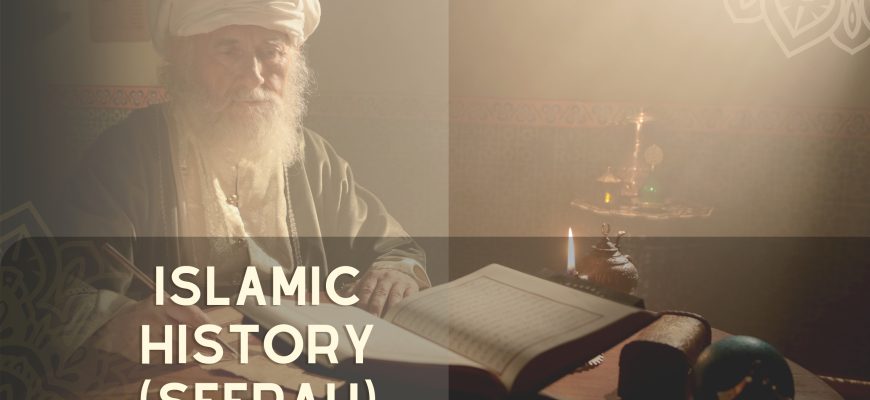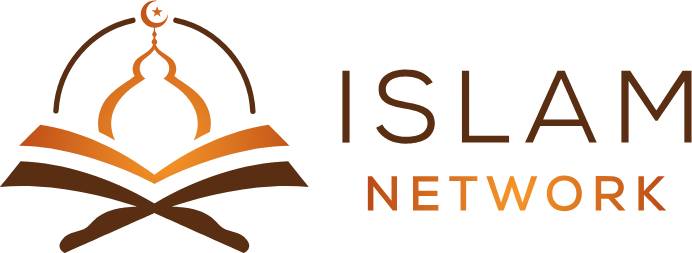- Contact Us: +971522387038
- Email:admin@islam-network.com

Islamic History (Seerah)
An Islamic history course is an educational program that focuses on the study of the historical events, developments, and civilizations related to the rise and spread of Islam. This course provides an in-depth exploration of the key periods, figures, and cultural achievements that have shaped the Islamic world from the time of Prophet Muhammad (peace be upon him) to the present day. It offers valuable insights into the rich historical legacy of Muslims and their contributions to various fields of knowledge, art, architecture, and governance.

What You Will Learn?
1. Introduction to Islamic History: The course begins with an overview of Islamic history, introducing the birth of Islam, the life of Prophet Muhammad (peace be upon him), and the early Muslim community.
2. The Rashidun Caliphate: Students learn about the four rightly guided caliphs (Abu Bakr, Umar, Uthman, and Ali) and their contributions to the early Islamic state.
3. The Umayyad and Abbasid Caliphates: The course covers the Umayyad Caliphate and the Abbasid Caliphate, examining their achievements, challenges, and cultural developments.
4. The Islamic Golden Age: Students explore the intellectual and cultural achievements of the Islamic Golden Age, including advancements in science, mathematics, medicine, astronomy, philosophy, and literature.
5. Islamic Civilization in Andalusia (Spain): The course may include a study of the Islamic civilization in Al-Andalus, which flourished in Spain from the 8th to the 15th century.
6. The Crusades and Interactions with Europe: The interactions between the Islamic world and Europe during the Crusades are discussed, highlighting the impact on both civilizations.
7. The Ottoman Empire: Students delve into the history of the Ottoman Empire, one of the most significant Islamic empires, and its expansion and governance.
8. The Decline of Islamic Empires and Colonialism: The course covers the decline of traditional Islamic empires and the era of European colonialism in the Muslim world.
9. Modern History and Contemporary Islamic Movements: The course addresses the developments in the 19th and 20th centuries, including the emergence of modern nation-states and contemporary Islamic movements.
10. Contributions of Muslim Scholars and Thinkers: Students study the contributions of notable Muslim scholars, scientists, philosophers, and artists throughout history.
11. Global Impact of Islamic Civilization: The course may discuss the influence of Islamic civilization on various regions and its contributions to global knowledge and culture.
12. Historical Interpretation and Analytical Skills: Students are encouraged to develop critical thinking skills and historical interpretation to understand the complexities of Islamic history.
Islam Network Copyright 2023 - All Rights Reserved
